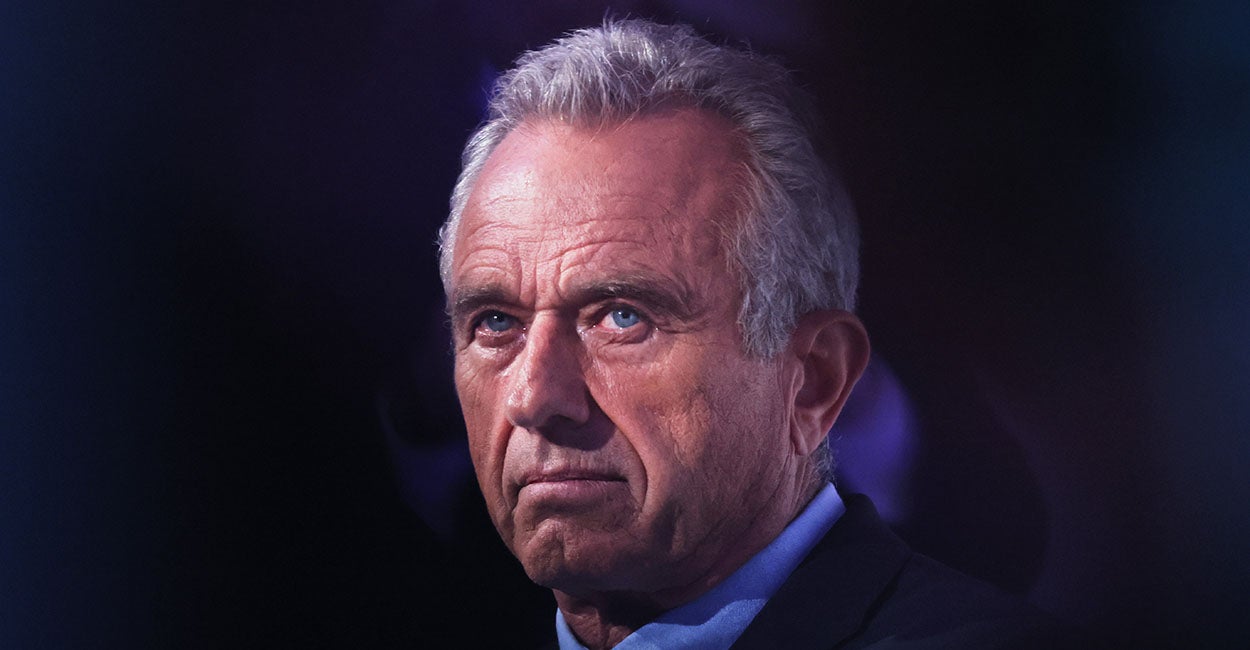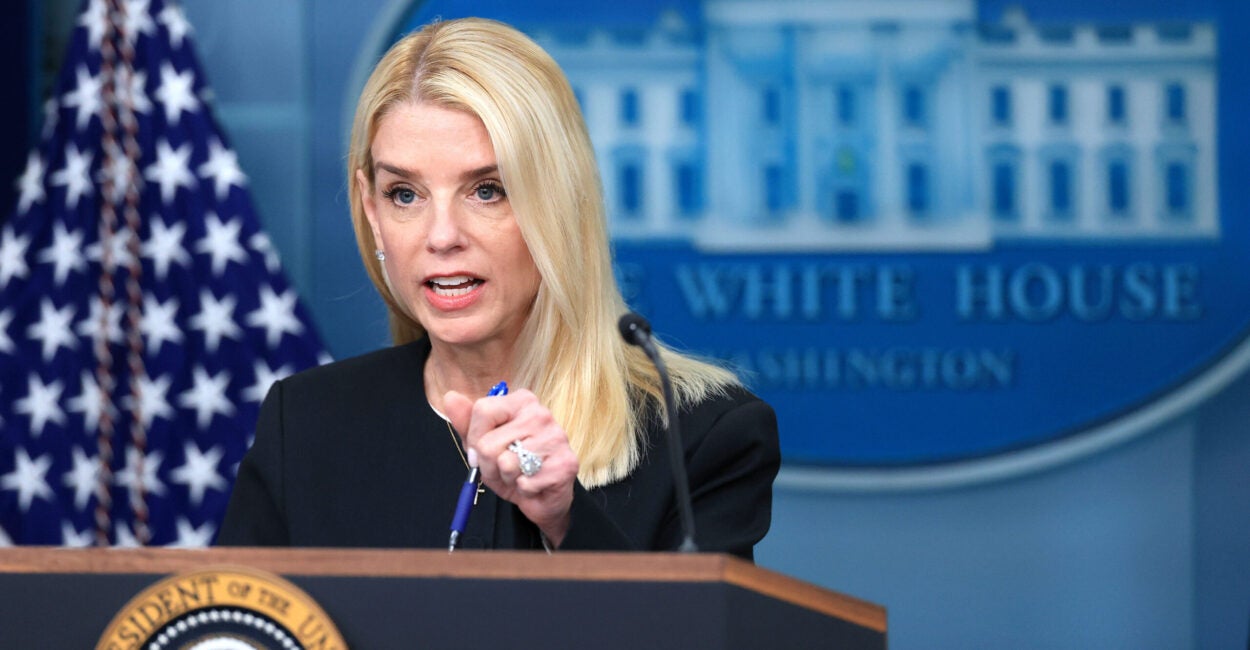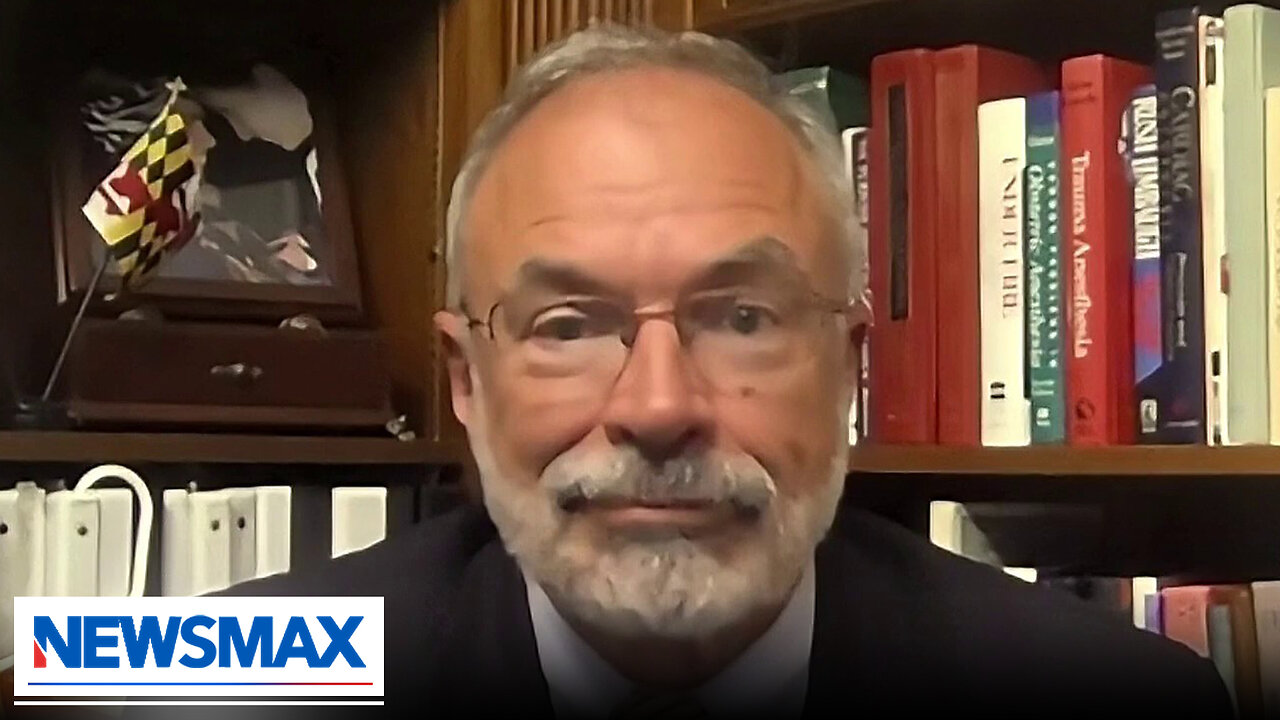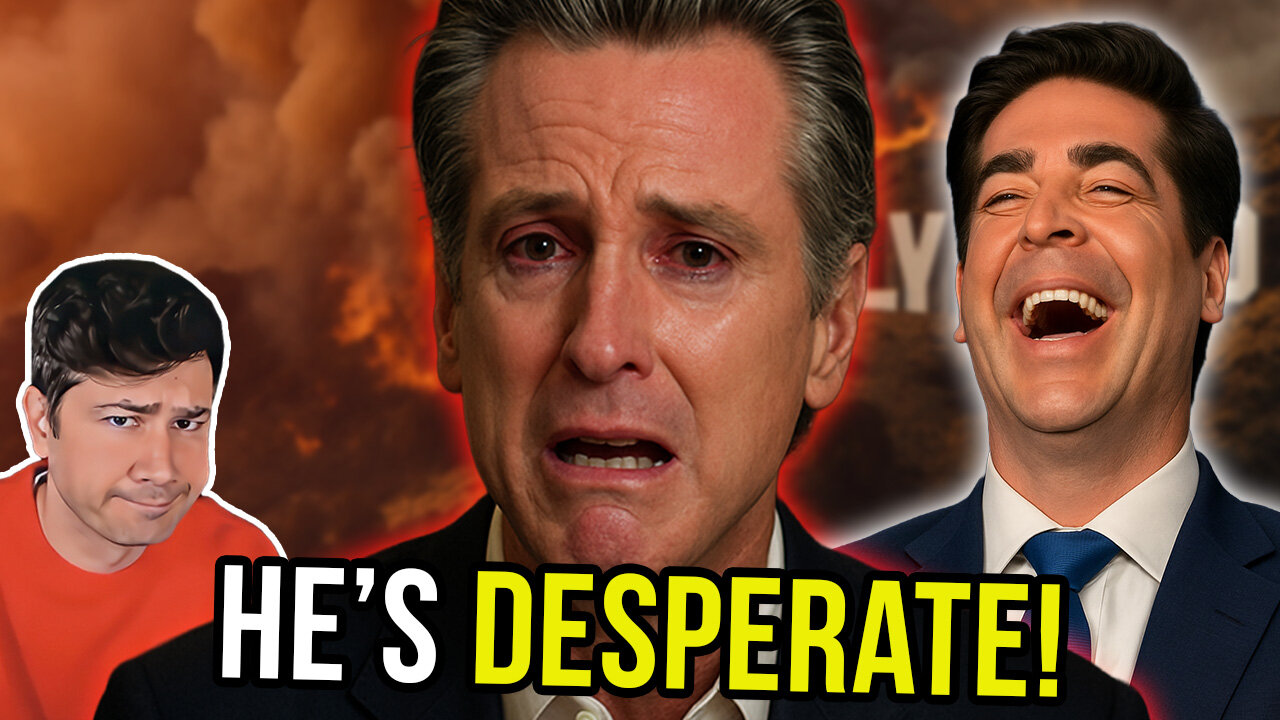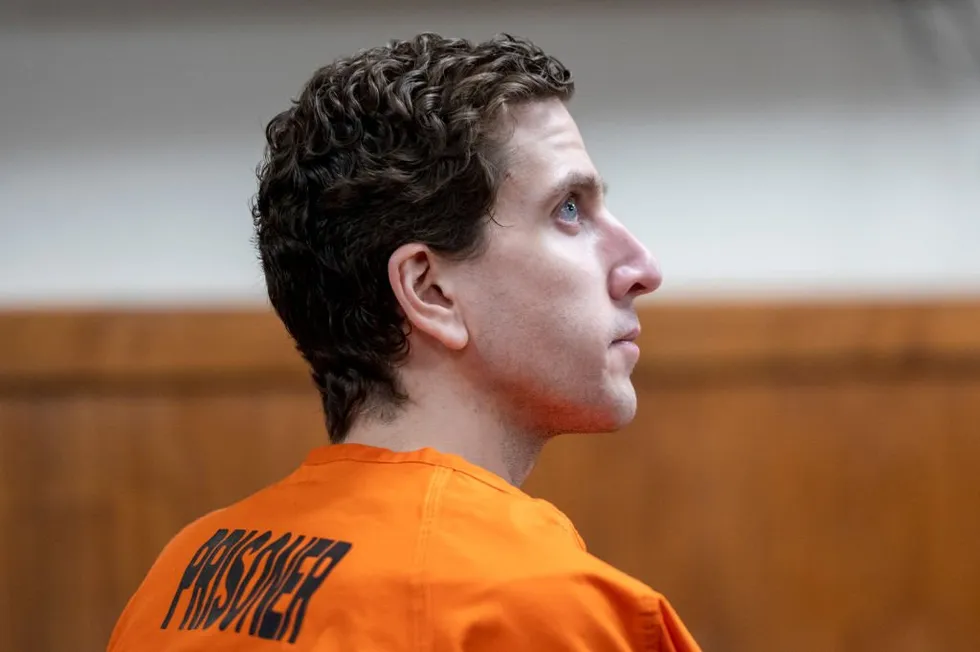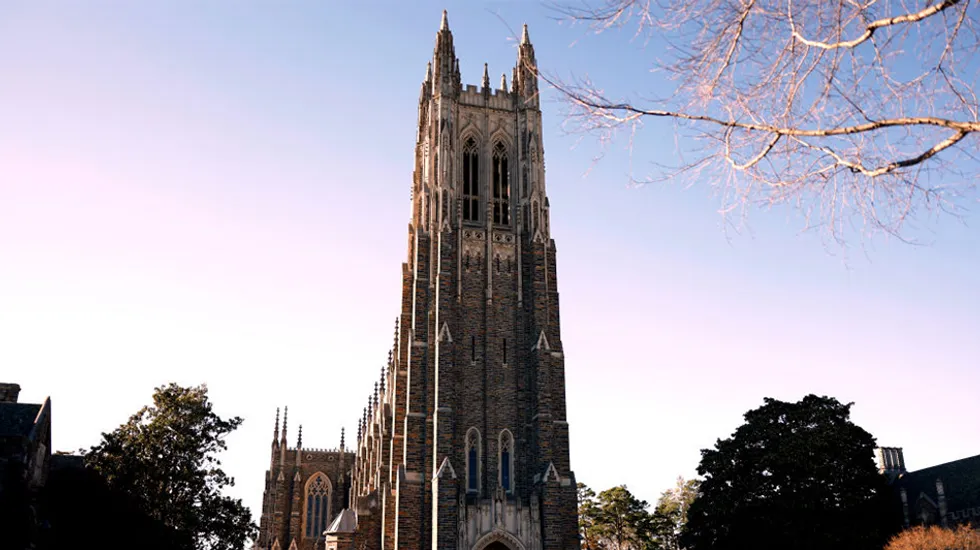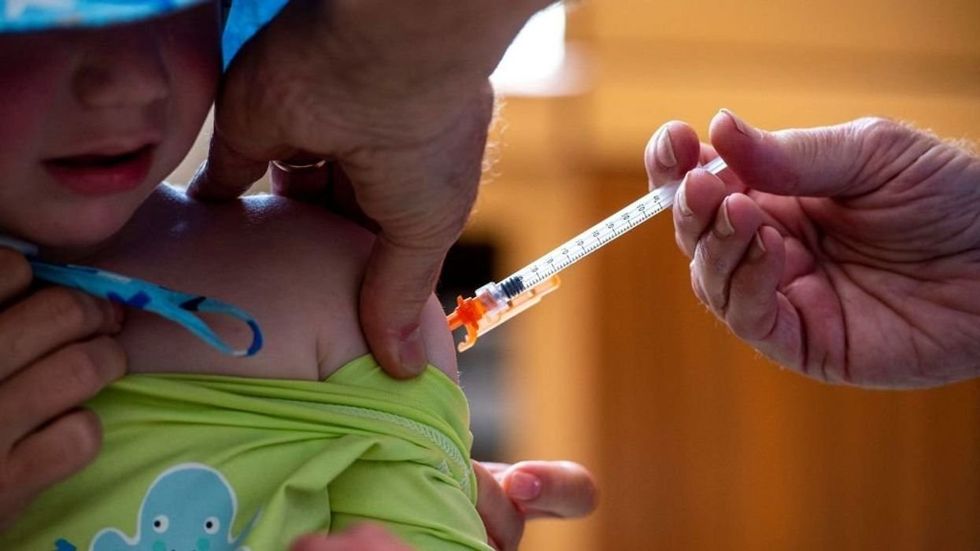The Alarming Rise in Assisted Suicide

Justin Trudeau’s days are numbered as prime minister of Canada, but his troubling legacy will live on. In 2016, Trudeau introduced physician-assisted suicide to our northern neighbors. Today, every 4 out of 100 deaths are at the hands of doctors, legally.
Originally just for the terminally ill, in 2021, during the height of the COVID-19 social upheaval, the Canadian legislature expanded the eligibility of Medical Aid In Dying, or MAID, to those with a “serious and incurable illness, disease, or disability; be in an advanced state of irreversible decline in capability; or have enduring and intolerable physical or psychological suffering that cannot be alleviated under conditions the person considers acceptable.”
Unfortunately, Canada is not alone. A push to pass physician-assisted suicide bills has accelerated in the last few years as New Zealand, Austria, and Spain all legalized it in 2021, with parts of Australia doing the same in 2022. In Catholic Italy, the first assisted suicide took place in 2022.
In late November 2024, the United Kingdom’s Parliament took the first step in passing a physician-assisted suicide measure that would open the door to the practice of allowing doctors to help people take their own lives. France, Scotland, and Ireland are debating similar measures as 19 other jurisdictions have some form of physician-assisted suicide on the books. In the United States, 10 states and the District of Columbia have legislated physician-assisted suicide while the Dignity in Dying caucus is working hard in Delaware, New York, and Maryland to secure similar laws.
In June, an alarming warning in the Psychiatric Times pointed to the widening use of physician-assisted suicide in the U.S. and elsewhere in the last few years. In Canada, Belgium, and the Netherlands, where physician-assisted suicide has been legal for more than 10 years (in Belgium and the Netherlands since 2002) those eligible for death by physician are not just the terminally ill, but those with “chronic, nonterminal, or treatment-refractory illness,” with treatment-refractory illnesses being those conditions that do not respond to treatment.
The safeguards that previously held that requests be made in writing and before witnesses and confirmed intent and a sound mind with a 10- to 15-day reflection period have been eliminated for a one- or two-day wait and little regard for the mental state of the individual.
In Vermont, the Patient Choice and Control at the End of Life Act was signed into law in 2013 and lay unchanged until 2021 when an amendment (S.74) was introduced that would expand the act by removing the requirement that requests for life-ending drugs and an examination by the physician be done in person. It also removed the requirement that the physician must wait at least 48 hours before writing the prescription. In 2023, Gov. Phil Scott signed another bill into law, H.190, that removed residency requirements for patients seeking help in dying, meaning Vermont will assist people who live in states where physician-assisted suicide is illegal.
In Canada, the most aggressive of countries to make certain its citizens can access Medical Aid in Dying, ethical concerns among physicians have come to light as a recent Associated Press investigation found that a “significant number” of those euthanized requested it because they were homeless, in despair, or lonely after the death of a loved one.
Indeed, the push to implement these laws comes at a time when people around the world, following the unhealthy and dictatorial COVID-19 policies, are continuing to experience extreme loneliness and isolation. The advancement of technologies that keep people on their phones and computers, keep them home from the workplace, and keep them in thrall to old pandemic claims have all had devastating effects.
“Deaths of despair,” as bioethicist and psychiatrist Dr. Aaron Kheriaty describes them in a recent interview, are deaths by suicide, alcohol-related illnesses, and drug overdoses. They have been on a steady rise since 1999 but jumped dramatically during COVID-19. According to the National Institutes of Health, in 1999, deaths by drug overdose were 20,000 a year. By 2019, that had risen to 70,000—and to more than 100,000 in 2021. Alcohol-related deaths that average about 69,000 per year pre-pandemic rose to 99,000 in 2021.
Looking at the data in recent years, Surgeon General Vivek Murthy called the situation a “huge epidemic of loneliness.”
This epidemic of loneliness, isolation, and despair has hit adolescent girls especially hard with a tripling of suicide rates among them. Last year, a Centers for Disease Control and Prevention report found that “[n]early 3 in 5 teenage girls felt persistent sadness in 2021, double the rate of boys, and 1 in 3 girls seriously considered attempting suicide.”
During an epidemic of despair and loneliness, the last thing we should be doing is helping people take their own lives. Every country that has legalized physician-assisted suicide has eventually expanded it and set the important safeguards aside.
The American Medical Association’s Code of Medical Ethics confirmed in 2024 that “physician-assisted suicide is fundamentally incompatible with the physician’s role as healer, would be difficult or impossible to control, and would pose serious societal risks.”
Death is not the answer to life’s problems.
We publish a variety of perspectives. Nothing written here is to be construed as representing the views of The Daily Signal.
The post The Alarming Rise in Assisted Suicide appeared first on The Daily Signal.
Originally Published at Daily Wire, Daily Signal, or The Blaze
What's Your Reaction?
 Like
0
Like
0
 Dislike
0
Dislike
0
 Love
0
Love
0
 Funny
0
Funny
0
 Angry
0
Angry
0
 Sad
0
Sad
0
 Wow
0
Wow
0
